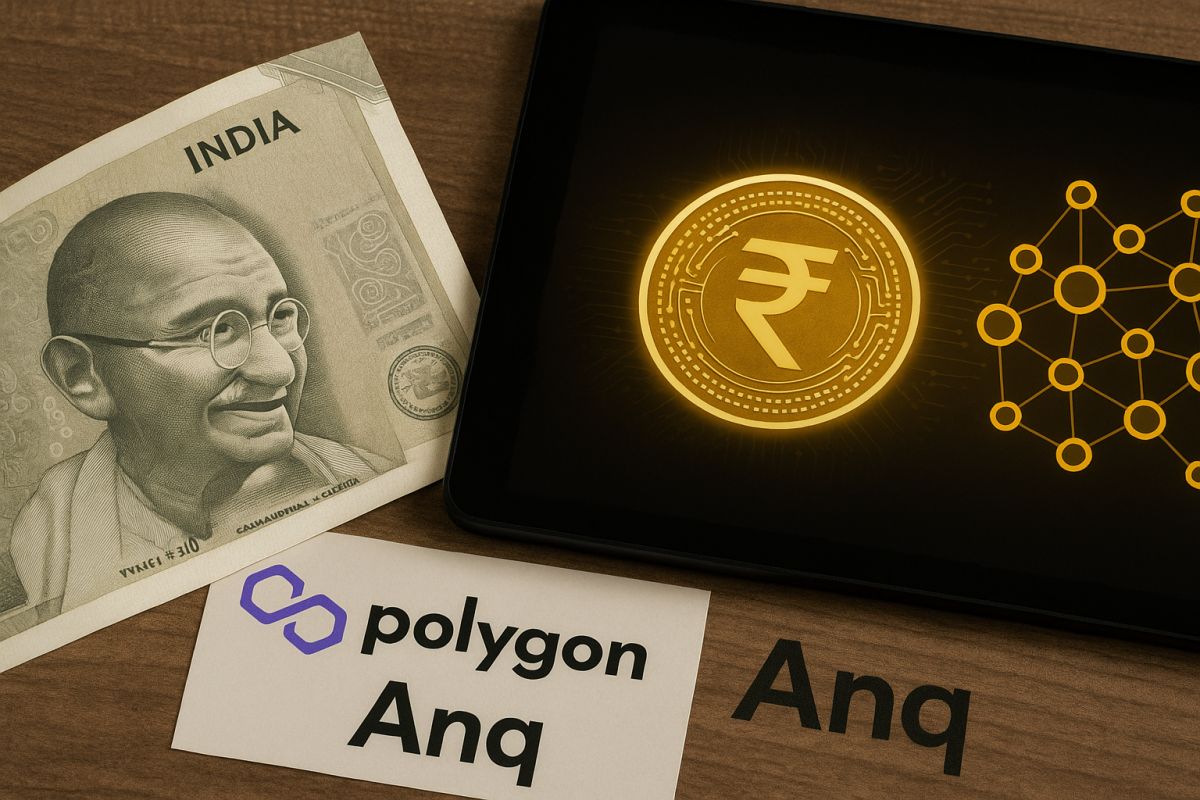Ventures Platform, a Lagos-based firm recognized as one of Africa’s leading early-stage investors, has secured $64 million to date for its second fund, with a goal to reach $75 million at final close, founding partner Kola Aina shared with TechCrunch.
The Nigerian government is among the backers, investing through its Investment in Digital and Creative Enterprises (iDICE) initiative. This marks the first time the government has supported a venture capital fund, a notable milestone given Nigeria’s thriving startup scene, which boasts the continent’s highest number of unicorns.
Other limited partners in the second fund include IFC, British International Investment (BII), Proparco, Standard Bank, MSMEDA, and AfricaGrow, as well as European family offices like Alder Tree Investment and high-profile international supporters such as former Y Combinator CEO Michael Seibel. According to Aina, 70% of investors from the previous fund have reinvested.
It’s not unexpected that Nigeria selected this firm for its first investment. Since its launch in 2016, Ventures Platform has earned a reputation for identifying promising startups early in Nigeria, a strategy it now aims to expand across other African markets.
In 2022, Ventures Platform introduced its first institutional fund, a $46 million vehicle, focusing mainly on pre-seed and seed investments.
With this new fund, the firm plans to add Series A investments to its strategy, aiming for larger stakes and investing with greater conviction, Aina explained. This is encouraging news for founders in the region, as Series A capital has become more difficult to secure following a retreat by Silicon Valley investors.
While Ventures Platform intends to strengthen its footprint in Nigeria, it has also started to establish itself in Francophone West Africa and North Africa, where it has already made several investments to access high-potential opportunities earlier.
To date, the pan-African VC has backed more than 90 startups across Africa. The majority of these are so-called “painkiller” companies in sectors like fintech, healthtech, agritech, edtech, and AI—businesses that address unmet needs or serve markets with limited or no access to essential services.
Aina highlights portfolio companies such as Moniepoint, a unicorn supported by Visa, and Paystack, now owned by Stripe—two fintech firms that have opened up new markets for online payments and banking for small businesses.
“Before Paystack, many small businesses couldn’t reach customers beyond their immediate area because they lacked online payment options,” he noted. “Moniepoint, meanwhile, has brought financial services to even the most remote parts of the country. That’s what we call market-creating innovation.”
Other standout companies in the portfolio include LemFi, a remittance app backed by Left Lane; SeamlessHR, supported by the Gates Foundation; OmniRetail, with backing from Norfund; Raenest, a fintech funded by QED; and healthtech startup Remedial Health.
Despite rapid innovation and over $12 billion in tech funding in Africa since 2015, there are growing concerns among stakeholders about the lack of exits and liquidity events. This challenge has made it more difficult for many African VCs—especially emerging managers—to raise capital, as they have faced a tough environment globally over the past two years.
Nevertheless, Ventures Platform has succeeded in attracting both domestic and international limited partners for its two funds, even amid market volatility.
“Our LPs have a deep understanding of how venture ecosystems have evolved elsewhere and are confident we’ll see similar progress in Africa over time. Another factor is that we’ve recycled capital from previous syndicates,” Aina said, referencing the firm’s return of capital from four out of six vintages (including five angel syndicates) between 2016 and 2022. He also claims that the first fund is among the top global performers for its vintage year, based on TVPI and IRR metrics.
Addressing ongoing questions about exits and the recent decline in funding (from $5 billion in 2021 to $2 billion last year), Aina maintains that Africa’s long-term prospects remain strong, describing the continent as the “purest asymmetric play for non-consensus alpha”—a term used in venture capital for high-risk, high-reward opportunities.
“If you’re a global investor seeking genuine diversification, Africa is the destination,” he said. “By 2050, one out of every four people will be African. Our GDP is growing at twice the rate of the U.S., yet much of the value remains offline. For those with patience and local insight, the potential is enormous.”



